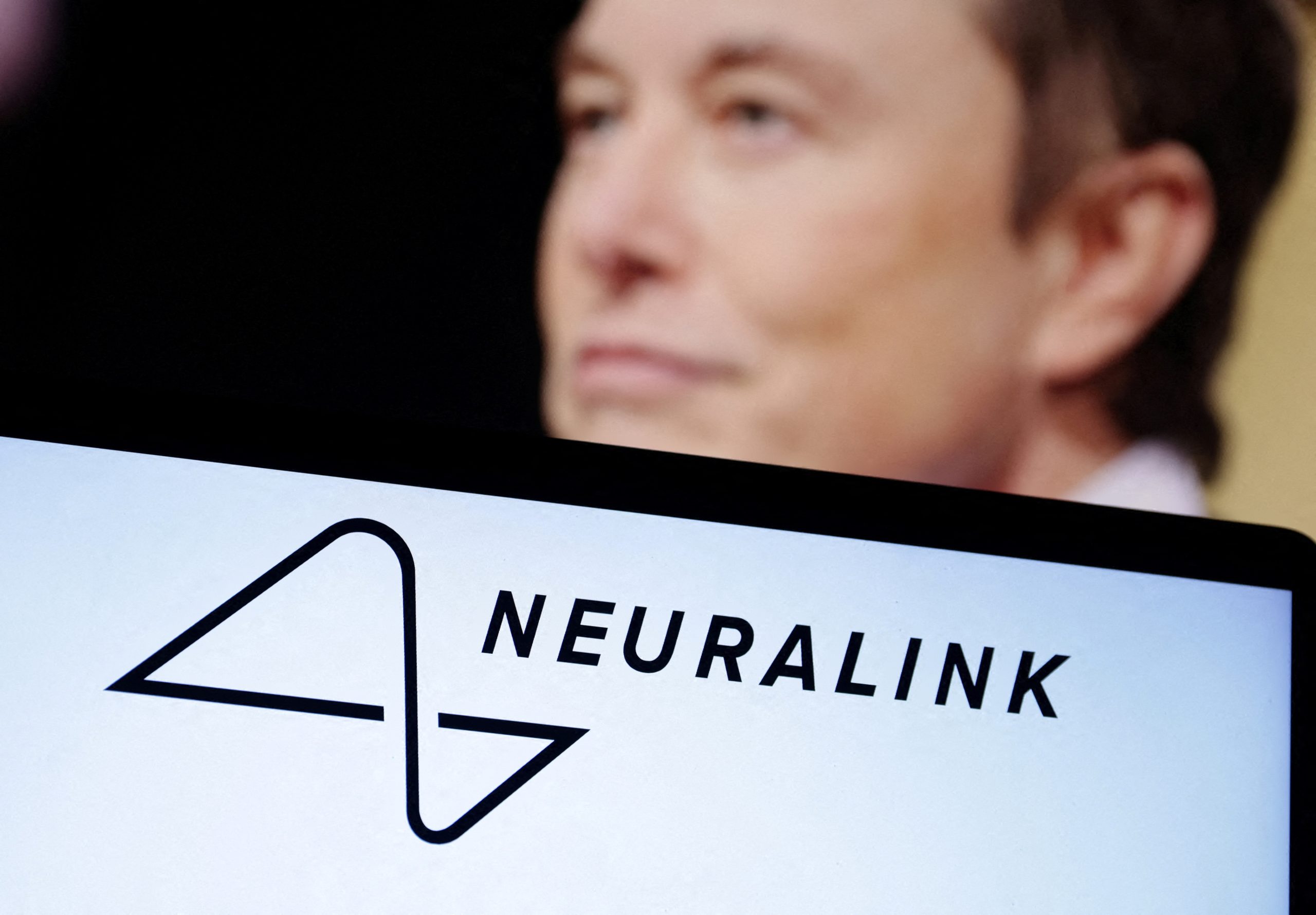
Lauren Dempsey, MS in Biomedicine and Law, RN, FISM News
[elfsight_social_share_buttons id=”1″]
The U.S. Food and Drug Administration (FDA) has denied authorization for Elon Musk’s Neuralink to begin human clinical trials using its brain-computer interface (BCI) devices, according to a Reuters report.
Current and former Neuralink employees told Reuters that “The agency’s major safety concerns involved the device’s lithium battery; the potential for the implant’s tiny wires to migrate to other areas of the brain; and questions over whether and how the device can be removed without damaging brain tissue.”
The FDA has also reportedly requested additional information about the battery system, which uses a compact inductive charger that wirelessly connects to the implant to charge the battery from the outside.
However, the FDA is concerned that a battery failure could lead to severe brain damage. The agency wants reassurance that is “very unlikely to fail” and that there are safety measures in place to prevent damage to surrounding brain tissue if a failure were to occur.
The FDA also cited concerns about potential brain damage caused by device removal. Neuralink has tiny electrical leads that are inserted into the gray matter of the brain, the FDA fears that these leads are so tiny that they could potentially break during removal and migrate to other areas of the brain, causing widespread damage.
There has been no official statement from Neuralink or the FDA on the application rejection. Musk had previously predicted that human clinical trials could begin in early 2023. It appears, however, that this goal may be out of reach for the biotech company.
A SERIES OF REGULATORY SETBACKS
In 2019, Musk aimed to receive regulatory approval for human clinical trials by the end of 2020, and in 2021 Musk was hopeful that the company would begin human trials and was aiming to “do the first human implant this year.”
In the fall of 2022, at Neuralink’s “show-and-tell” Musk said that he expected the device to be in humans in the next six months and that he considers it safe enough for his own children, explaining that it is essentially replacing part of the skull with a smartwatch or a Fitbit into the brain.
He also tweeted, “We are now confident that the Neuralink device is ready for humans, so timing is a function of working through the FDA approval process.”
ANIMAL WELFARE CONCERNS IN TRIALS
This latest denial comes after earlier reports emerged that the biotech company, founded by current Twitter CEO Musk and a group of scientists, had violated animal welfare and thousands of animals were killed during clinical trials.
The Physicians Committee for Responsible Medicine, a national nonprofit organization, filed a complaint with the United States Department of Agriculture in February 2022 against the University of California at Davis, for violations of the federal Animal Welfare Act related to invasive and deadly brain experiments conducted on monkeys. The group alleges that the animals were denied adequate veterinary care, experienced “facial trauma,” and recurring infections that required euthanasia.
However, according to a blog post on Neuralink’s website, the company said “currently, all novel medical devices and treatments must be tested in animals before they can be ethically trialed in humans. Neuralink is not unique in this regard. At Neuralink, we are absolutely committed to working with animals in the most humane and ethical way possible.”
Neuralink remains committed to creating the technology, which it claims will help those with neurological disorders to regain sensory and motor function and to give people the ability to communicate more easily with the world around them.
